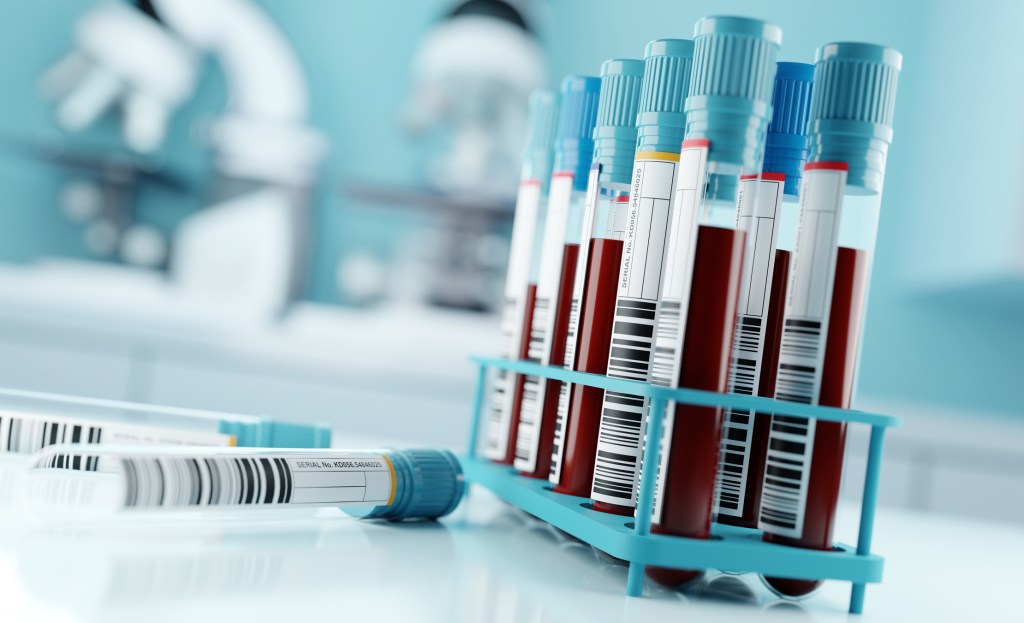They are getting to the heart of the matter.
Doctors say a simple “three-way” blood test can accurately predict a patient’s risk of heart attack and stroke 30 years ahead of time.
Currently, doctors usually perform an LDL cholesterol test to determine whether a person is vulnerable to various heart problems.
But in a groundbreaking new study conducted over three decades, experts also tested blood for two additional biomarkers: CRP, a protein produced by the liver that rises in response to inflammation, and lipoprotein (a), a type of fat in the blood. the body.
The results, published Saturday in The New England Journal of Medicine, found that high-sensitivity CRP and high lipoprotein (a) levels, along with high cholesterol levels, were “predictors of cardiovascular events.”

The study authors say a blood test that looks at all three biomarkers gives a more accurate and detailed picture of a patient’s heart health, which will revolutionize preventive care.
“All three [biomarkers] represent different biological processes,” said lead study author Dr. Paul Ridker for NBC News. “They tell us why someone is actually at risk.”
Ridker is now urging other doctors to do the “three-way blood test” when patients are in their 30s or 40s, to “catch risk factors early that may be overlooked.”
“Doctors will not treat things they cannot measure”, he declared.

For the study led by Ridker, doctors tested almost 30,000 American women over the age of 30, examining three specific biomarkers.
When the study began in the mid-1990s, the average participant was 55 years old.
Over the three decades that followed, 13% of the volunteers experienced a cardiovascular problem, such as a heart attack or stroke.
Women with the highest levels of lipoprotein (a) at the start of the study ended up with a 33% increased risk of experiencing a cardiovascular problem.
Meanwhile, those with the highest CRP levels were 70% more at risk.
And, when tested along with cholesterol, women who had the highest levels in all three categories were more than three times more likely to develop heart disease.
However, with early detection from blood tests, doctors say the right preventive methods can be put in place to drastically reduce the number of patients with chronic heart health problems.
“This is a largely preventable disease,” Ridker said.
#blood #test #predict #heart #disease #risk #years #ahead #groundbreaking #study
Image Source : nypost.com